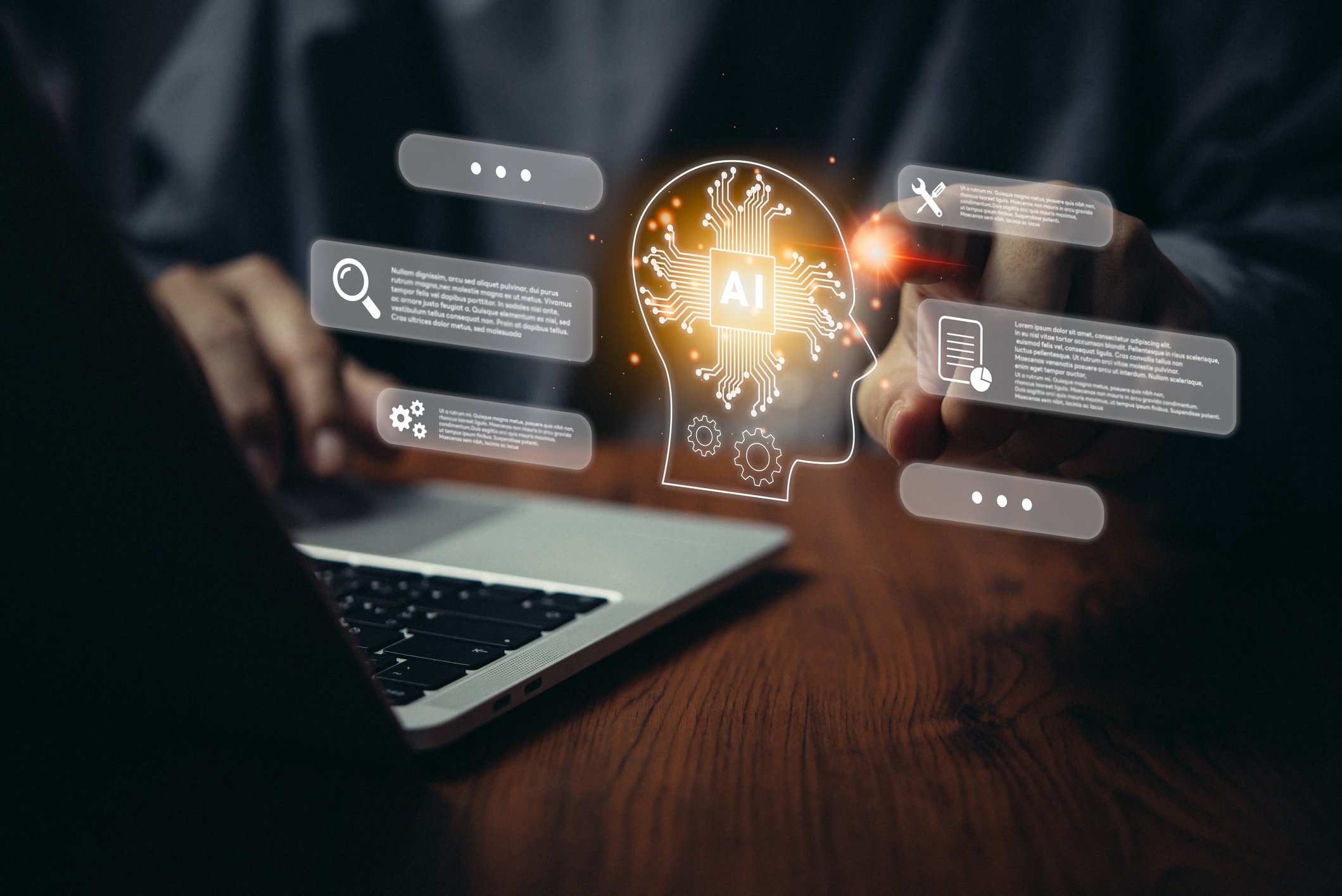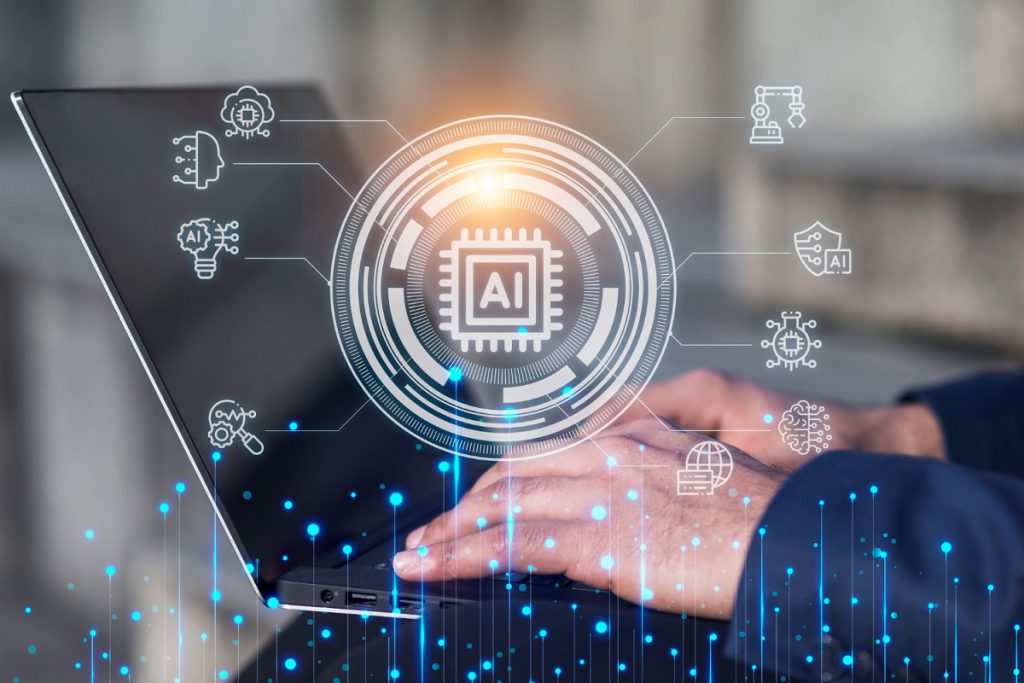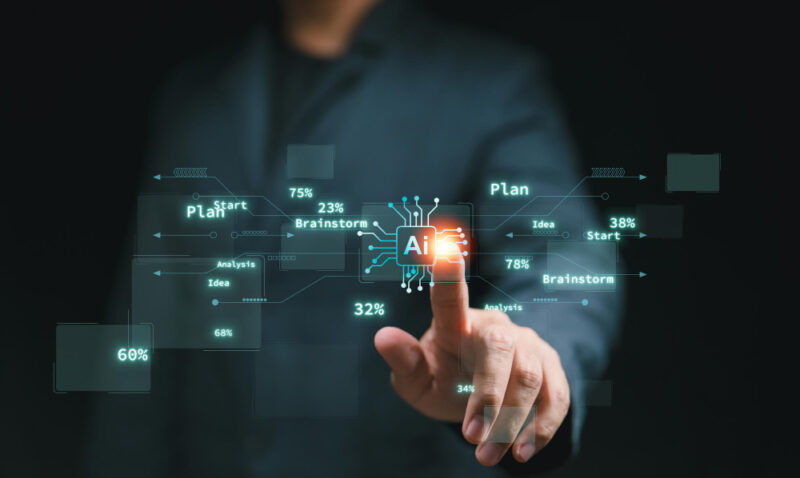In the ever-evolving landscape of modern business, artificial intelligence has emerged as a pivotal force driving innovation and efficiency. As organizations grapple with the demands of a digitized world—where data floods in at an unprecedented rate—AI stands out as a beacon of possibility.
Its not merely a tool; its a revolution in the way companies operate, strategize, and connect with their customers. From automating tedious tasks to providing deep analytical insights, AIs capabilities are reshaping industries.
Businesses that harness this technology adeptly find themselves not only surviving but thriving in competitive markets. Yet, this AI-driven transformation raises critical questions: How can companies leverage these intelligent systems while navigating challenges like ethical concerns and workforce implications? The journey into the heart of AI in business is not just about adopting new technologies; it’s about rethinking the very fabric of enterprise success.
Understanding Artificial Intelligence: Key Concepts and Applications

Artificial Intelligence (AI) is not merely a technological advancement; it represents a paradigm shift in how businesses operate, innovate, and engage with their customers. At its core, AI encompasses a range of subfields, including machine learning, natural language processing, and robotics, each contributing unique capabilities to enhance operational efficiency and decision-making.
For instance, businesses leverage machine learning algorithms to predict consumer behavior, optimize supply chains, and personalize marketing strategies, resulting in increased revenues and improved customer satisfaction. Meanwhile, natural language processing enables systems to understand and respond to human language, transforming customer service through chatbots and virtual assistants.
As these AI applications continue to evolve, they unlock new opportunities for modernization and innovation, ultimately reshaping the landscape of commerce in unprecedented ways. The marriage of technology and creative strategic application illustrates why understanding AI is crucial for businesses striving not just to survive but thrive in the modern economic environment.
AI in Marketing: Personalization and Targeting Strategies

In the realm of marketing, AI has emerged as a transformative force, revolutionizing how brands engage with their audiences through hyper-personalization and meticulous targeting strategies. By analyzing vast amounts of consumer data—ranging from browsing habits to purchase history—AI algorithms can tailor marketing messages with unprecedented precision.
Imagine receiving an email crafted just for you, offering products you didn’t even know you needed, based on your unique taste profile. This level of customization not only enhances the consumer experience but also drives conversion rates skyward.
Moreover, AI tools adeptly segment target audiences, allowing companies to deploy intricate strategies that resonate on a personal level. As the landscape shifts, brands that harness these innovative capabilities will not only retain customer loyalty but also foster deeper connections, turning casual shoppers into lifelong advocates.
Ultimately, AI’s role in marketing is not just about selling products; it’s about creating meaningful brand relationships in an increasingly oversaturated market.
Innovation and Product Development: Unlocking Possibilities with AI

In today’s rapidly evolving marketplace, innovation and product development have been catapulted into a new realm of possibility, largely due to the transformative power of artificial intelligence. Businesses are no longer limited by traditional methods; instead, they harness AI to analyze vast datasets, revealing patterns and insights that were previously obscured.
Imagine a team brainstorming ideas for a new product while an AI simultaneously scans consumer trends, competitor strategies, and emerging technologies to generate tailor-made suggestions. This collaboration isn’t about machines taking over—its about enhancing human creativity and decision-making.
Furthermore, AI-driven tools can streamline prototyping and testing phases, allowing companies to rapidly iterate and refine ideas. As a result, organizations can pivot quickly, respond to consumer needs in real time, and create products that resonate deeply in an increasingly discerning market.
The future is bright, and the potential for groundbreaking innovations fueled by artificial intelligence is boundless.
Conclusion
In conclusion, the integration of AI in modern business operations is not just a trend but a transformative force that is reshaping industries and driving success at an unprecedented scale. By leveraging advanced technologies, companies can enhance efficiency, improve decision-making, and personalize customer experiences like never before.
The emergence of autonomous AI agents exemplifies this shift, showcasing how businesses can delegate complex tasks to intelligent systems that operate independently. As organizations continue to embrace AI solutions, they unlock new opportunities for innovation and growth, ensuring that they remain competitive in an ever-evolving marketplace.
Ultimately, the strategic implementation of AI not only empowers businesses to thrive but also paves the way for a future where technology and human ingenuity collaborate to create remarkable outcomes.


